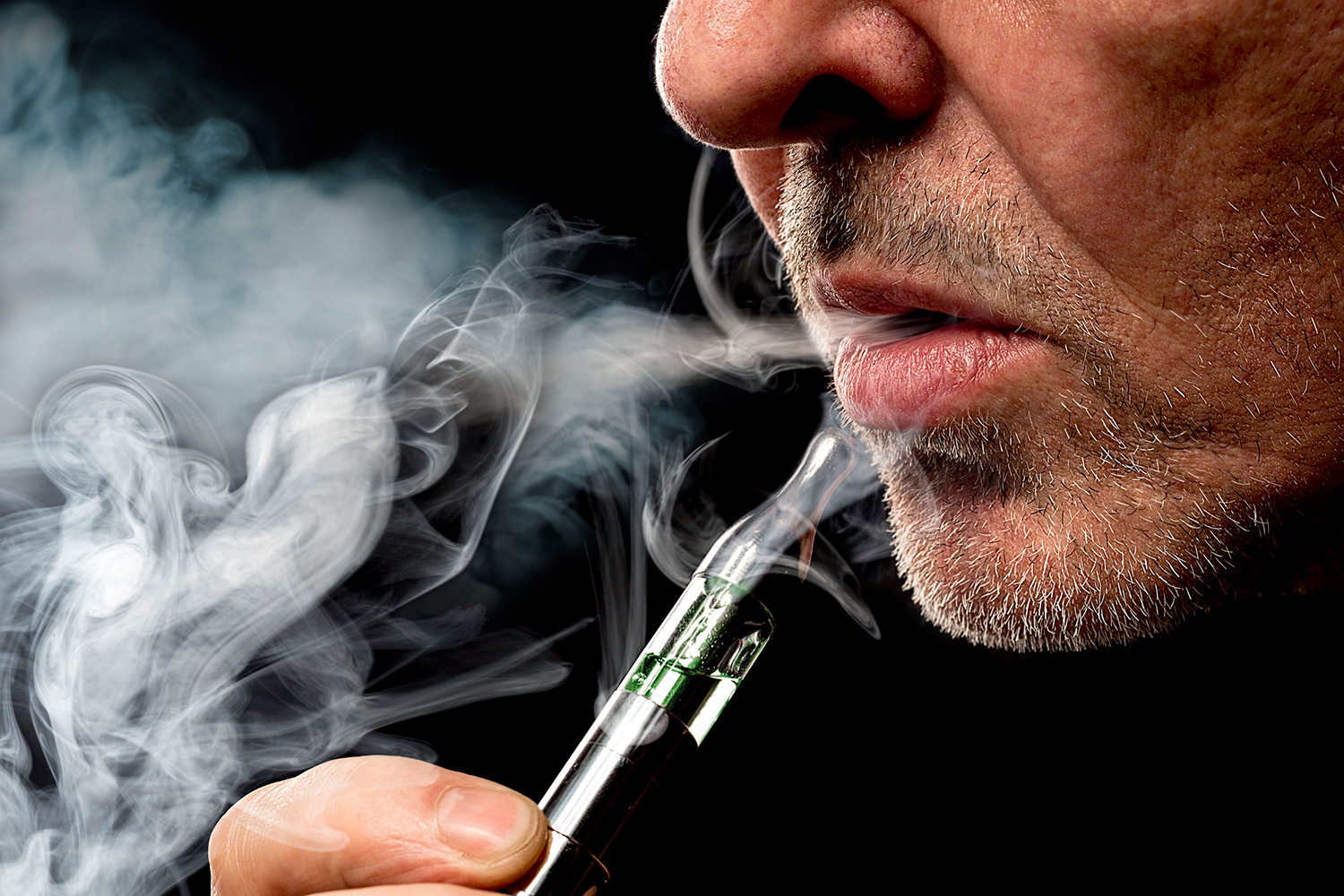
Members of Congress this week grilled Brian King, Director of the Food and Drug Administration’s (FDA) Center for Tobacco Products, about long wait times companies are experiencing in getting approval to bring to market alternatives to combustible cigarettes.
Under federal law, the Center for Tobacco Products is required to review new premarket tobacco product applications for smoke-free alternatives, such as nicotine pouches and e-cigarettes, within 180 days after receiving them. However, some applications are taking far longer, including a nicotine pouch product by Philip Morris International called Zyn, which has been awaiting approval for about four years.
During a House Committee on Energy and Commerce meeting, several lawmakers expressed concerns about delays, peppering King with questions about his Department’s efforts to meet statutory deadlines on application processing.
U.S. Rep. Neal Dunn, who represents part of the Florida Panhandle including Tallahassee and Panama City Beach, took particular issue with illegal, unregulated products flooding the market targeting kids, particularly products pouring into the U.S. from China.
“I’m afraid that the FDA’s response to these illicit vapes has fallen somewhat short, in fact created a black market for bad actors to dominate and legitimate manufacturers are left behind,” Dunn said during the hearing, adding that Chinese products make up a significant portion of the $7 billion e-cigarette market.
During the Q-and-A period, King repeatedly referenced a lack of resources to keep up with the massive presence of cigarette alternatives on-market or attempting to come on-market. His Department has about 300 staff members working on the issue out of about 1,100 involved with enforcement and compliance, according to King’s testimony.
“If we had more we could do more,” King said.
King pointed to progress, including a new online searchable database for retailers to determine which products have been approved for sale in the U.S. and which have not. That’s a key problem as more and more unregulated products enter the U.S. marketplace.
But Dunn expressed skepticism that such a database is enough for retailers, who may have trouble recognizing the difference between regulated products and their similarly packaged unregulated counterparts.
And Dunn wasn’t alone. U.S. Rep. Dan Crenshaw of Texas similarly expressed concern that the approval process for cigarette alternatives such as vapes and oral pouches are being slow-rolled. He specifically mentioned Zyn, asking King why a 180-day process has now crept into years.
“Our goal is to eventually get there, but with 27 million applications, it was an unprecedented volume,” King said, adding that his Department has now resolved 26 million of the applications, a volume “no other FDA center or other regulatory entity has dealt with.”
“We have a paradigm to review applications to make sure they’ve met the necessary public health standard that’s required by law,” King added. “So, just because a product class has lower risk doesn’t mean it’s a rubber stamp endorsement for authorization.”
Pressed by another member of Congress, U.S. Rep. Michael Burgess of Texas, on the need for additional less-harmful nicotine products to continue reducing the negative health effects of traditional smoking, King further added that his Department agrees such reduced-harm nicotine delivery mechanisms are important. But he reiterated that “the onus is on the industry” to demonstrate that their products meet public health standards required under law.
Burgess also lamented a lack of congressional oversight on how the Center for Tobacco Products uses its funding. It receives more than $2 million per day from use fees paid by nicotine product manufacturers, which is not allocated by Congress. He lobbed a number of questions at King in rapid fire succession, including about how many lives have been saved and what programs exist to prevent youth smoking.
King pointed to a youth smoking prevention campaign in place for a decade that he said has stopped tens of thousands of kids from starting to smoke, and noted that for every $1 spent on smoking prevention, the program saves $180. He also said e-cigarette use among minors has reduced 70% over five years.
While no specific action was taken during this week’s hearing, the issue is ongoing. A recent poll found an overwhelming majority of Floridians agree that safer nicotine products providing “less harmful options” to smoking should be available.
Another recent poll found that voters are peeved with the FDA over its slow approval process for alternatives to cigarettes. The poll found that half of voters were dissatisfied with the FDA’s progress over the last three years in improving the nation’s overall health, with 68% of respondents indicating that point-of-sale restrictions and higher product taxes are not enough to reduce the number of smokers. Those respondents also said the market would fare better under a regulatory framework that went beyond restrict and tax.



